AI ENABLED BONE DENSITOMETRY AND HEAVY METAL DETECTION TECHNOLOGY
what we Do
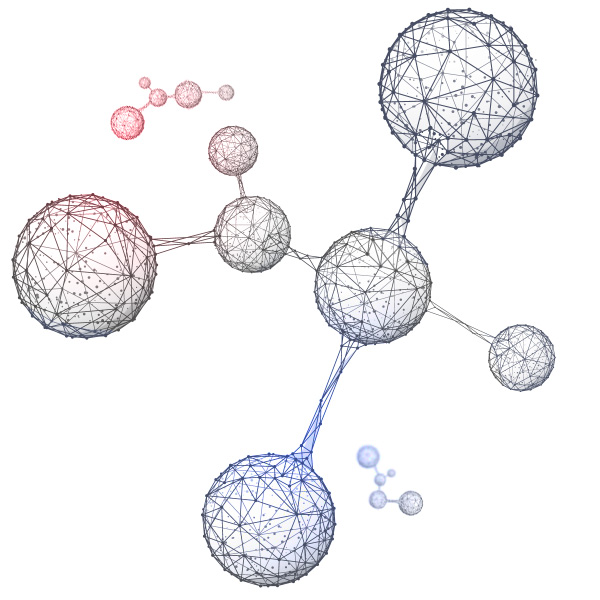
Heavy Metals
Heavy metals like lead, mercury and cadmium are widely dispersed in the environment and chronic exposure to these substances are very hazardous to humans.
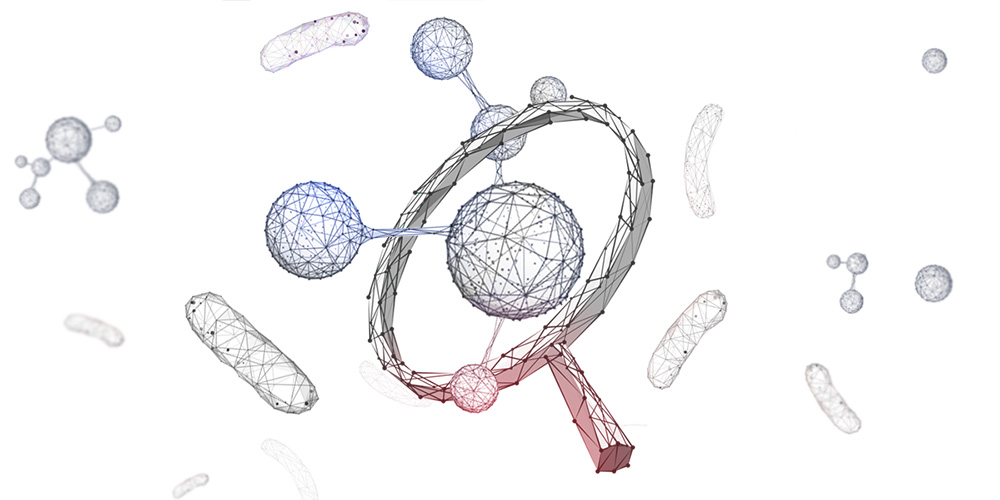
Detection
Currently there is no existing standard method for chronic heavy metal poisoning detection
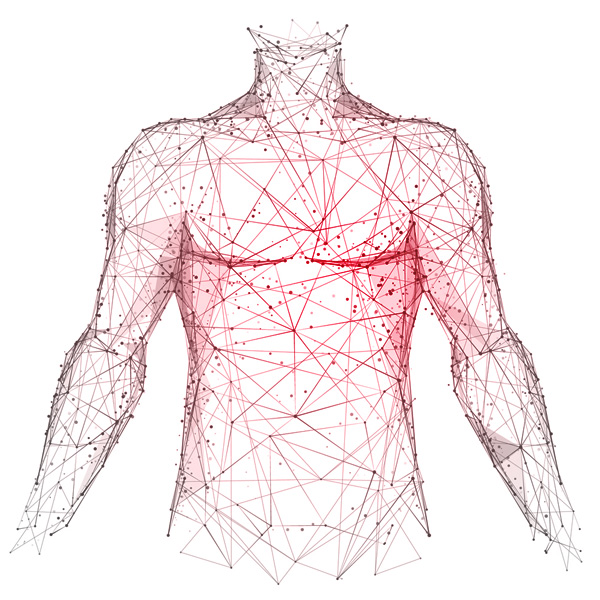
Health Problems
Heavy metal poisoning can lead to serious health problems such as organ damage, behavioral changes, and difficulties with thinking and memory loss
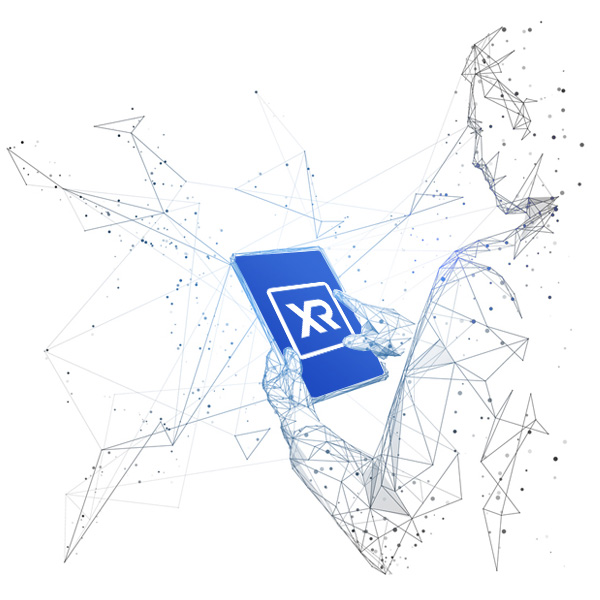
Our Solution
We have developed a new technology for measuring heavy metals in the human body using existing digital radiology imaging systems.
Technology
HARDWARE
By emitting the x- ray in a special direction we create a modified X-Ray image of Tibia bone that can be used by our software to measure the bone density and heavy metals in different organs, we have developed a simple and portable device which can easily be used by a trained person.
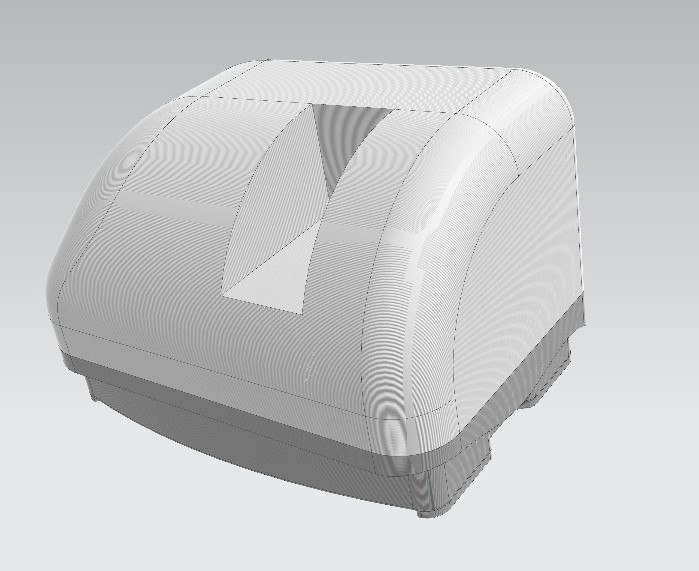
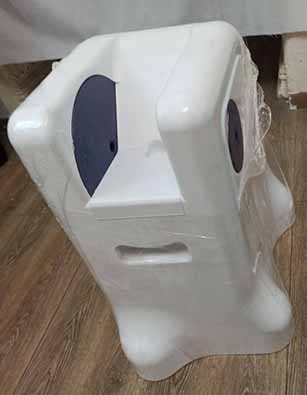
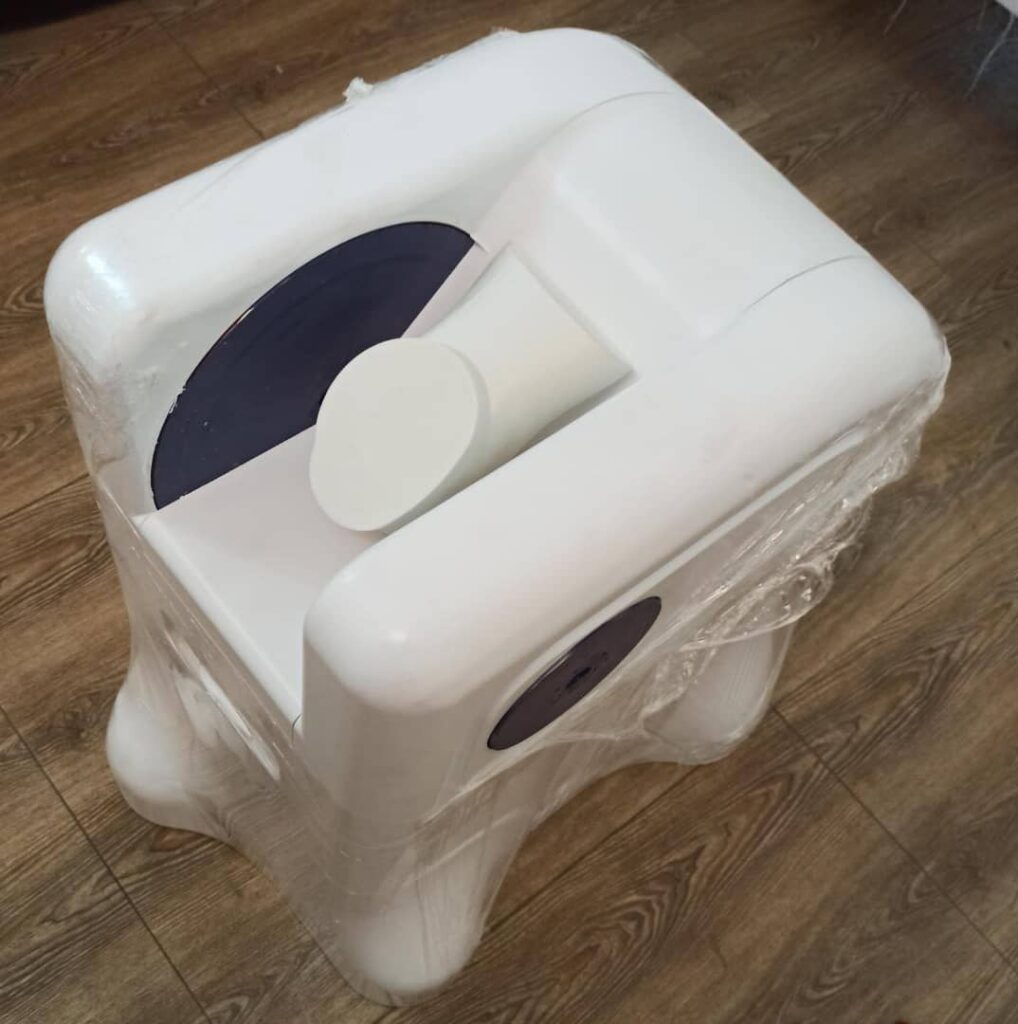
SOFTWARE
The most important part of our technology is the software. Our AI enabled software uses the X-Ray image produced by our device and a proprietary Artificial Intelligence (AI) to compute the bone density and amount of heavy metals in the bones and critical organs of a patient
XR-Medical solution is portable and has an ergonomic design, suitable for hospitals and clinics.

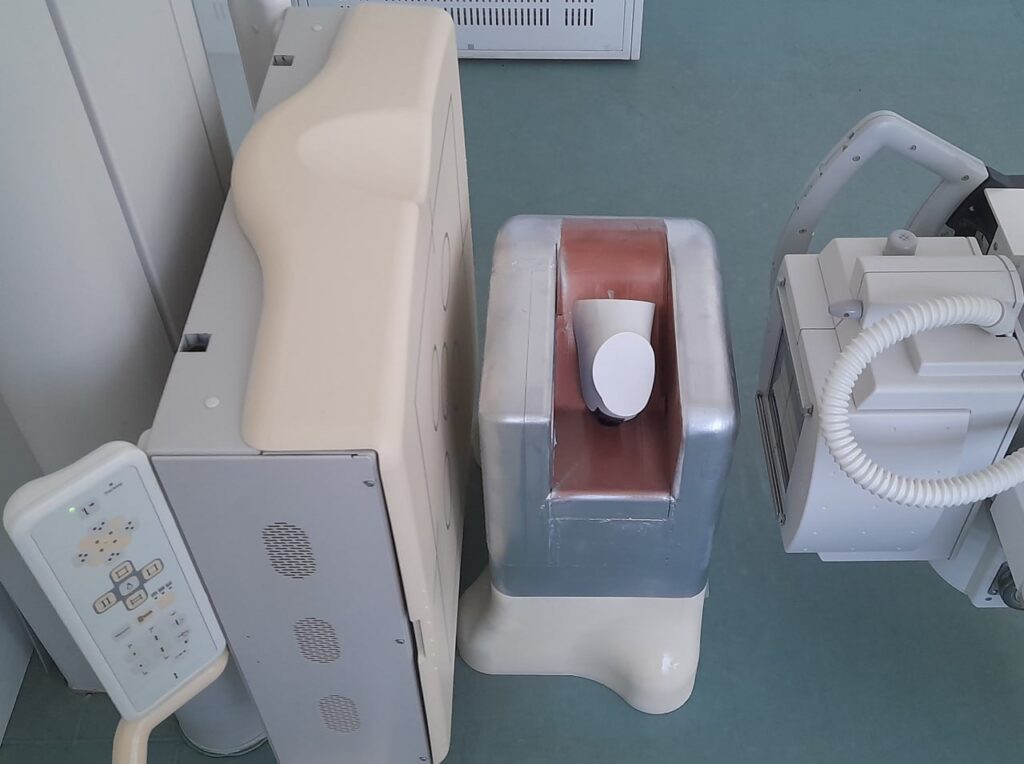
- Currently there is no standard method for chronic heavy metal poisoning tests around the world.
- Existing methods like blood/urine tests are invasive and can only be used for acute poisoning and not chronic poisoning.
- Hair and nail tests are not accurate enough.
- Our technology is low cost, quick, simple, non-invasive and accurate and can be used as a standard procedure for heavy metal testing all around the world.
- Our device can be used for bone densitometry as well.
 Reza is a recognized professor at Shiraz university with a PhD in Medical Physics. He has more than 80 papers published in international and national scientific journals. Reza was a guest researcher at Princess Margaret Cancer Center in Toronto, from 2017 to 2018.
Reza is a recognized professor at Shiraz university with a PhD in Medical Physics. He has more than 80 papers published in international and national scientific journals. Reza was a guest researcher at Princess Margaret Cancer Center in Toronto, from 2017 to 2018.
 Mehdi is a recognized researcher at Pasteur Institute and a serial entrepreneur with a PhD in Medical Biotechnology, he has led several research projects and he has published many papers in international scientifics.
Mehdi is a recognized researcher at Pasteur Institute and a serial entrepreneur with a PhD in Medical Biotechnology, he has led several research projects and he has published many papers in international scientifics.
 Abolfazl is a professor and a member of pediatric ward at Shahrekord University of Medical Sciences, he is a pediatric infectious sub specialist with 25 years experience in his field.
Abolfazl is a professor and a member of pediatric ward at Shahrekord University of Medical Sciences, he is a pediatric infectious sub specialist with 25 years experience in his field.
 Shams is an assistant professor with a PhD in mathematics, she has several papers published in international and national scientific journals and has led several mathematical research projects.
Shams is an assistant professor with a PhD in mathematics, she has several papers published in international and national scientific journals and has led several mathematical research projects.
 Zahra is an assistant professor with a PhD in Clinical Biochemistry, she has several papers published in international and national scientific journals and has led several research projects in the field of Biochemistry.
Zahra is an assistant professor with a PhD in Clinical Biochemistry, she has several papers published in international and national scientific journals and has led several research projects in the field of Biochemistry.